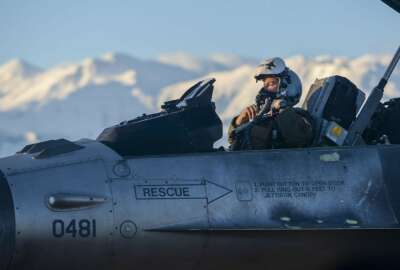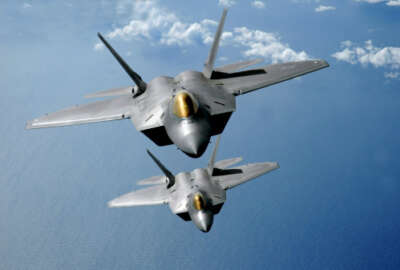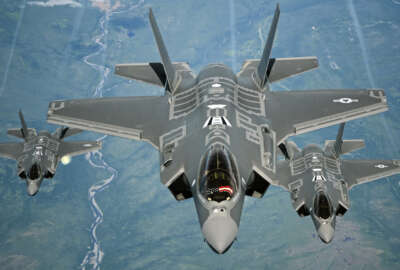
Air Force cuts back transition training requirements
The Air Force is creating exemptions for some transition classes.
Air Force Reservists will find it a little easier to meet some of their training requirements after the deployment.
New Air Force policy cuts some transition assistance program (TAP) requirements for airmen in the Reserves.
Reservists who were on orders for 180 days or more are required to go through TAP before being released into the civilian world, but new exemptions are now in place.
TAP helps veterans transition back into employment and educates them on benefits, entitlements and resources.
Reservists who completed pre-separation briefings within the last five years no long have to complete another briefing, according to a Feb. 3 press release from the Air Force.
The Air Force also gives airmen the option to do the briefing virtually through YouTube.
Another change stipulates that if an airman completed a Veterans Affairs benefits briefing the past three years, he does not need to complete it again.
The three-day workshop is mandatory unless a reservist has a full-time job or is registered in a full-time higher education program.
“There were a lot of people who spoke up about the mandatory TAP requirements and their voices have been heard,” Mandie Holovach, Air Force Reserve Command’s Transition Assistance Program manager said in the release. “Within the past year, there have been some policy changes that make it easier for Reservists to complete their mandatory requirements.”
The Air Force has been trying to cut back on the amount of training since 2016.
“After having heard a lot of these concerns and just given the pressure in terms of manpower that we have in the Air Force and the increasing demand for what the Air Force does … the focus was ‘How do we provide an opportunity to give a little bit more white space on the calendar to give these individual Airmen to do the work they were brought in to do: supporting our mission?’” Gabe Camarillo, Air Force assistant secretary for manpower and reserve affairs told Federal News Radio. “It’s a concern not only to every individual airman that we hear from, it’s also a concern from a readiness perspective.”
The service also cut additional duties airmen must perform to give them more time at home.
Additional duties eat “up a lot of time and [are] frequently a big annoyance to the force. I’ve heard this over and over again as I’ve traveled,” then-Air Force Secretary Deborah Lee James said in 2016. “We are trying to take that on … We looked at the things we have done to ourselves by Air Force instruction. What are some of these additional duties and can we eliminate some of them?”
Copyright © 2025 Federal News Network. All rights reserved. This website is not intended for users located within the European Economic Area.
Scott Maucione is a defense reporter for Federal News Network and reports on human capital, workforce and the Defense Department at-large.
Follow @smaucioneWFED





